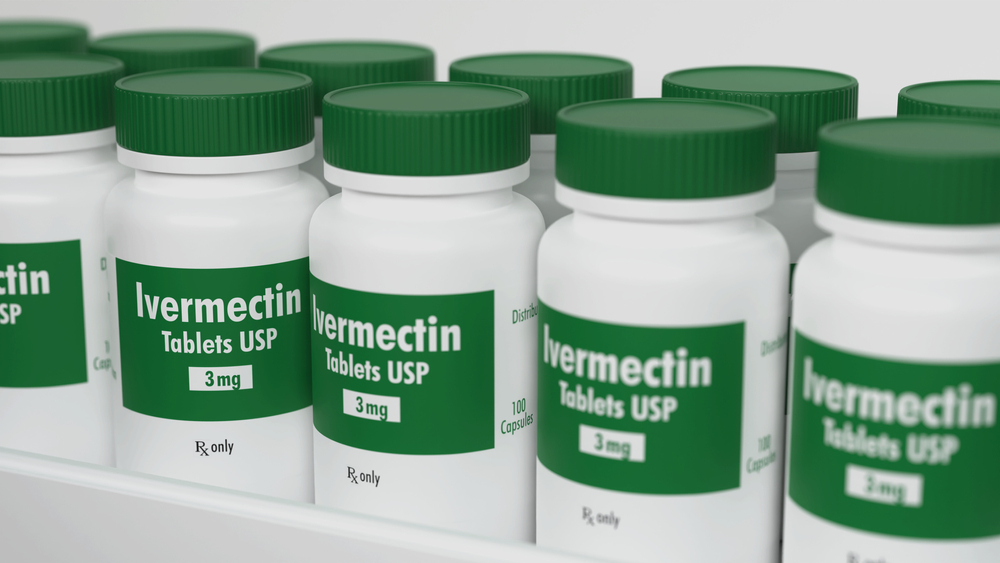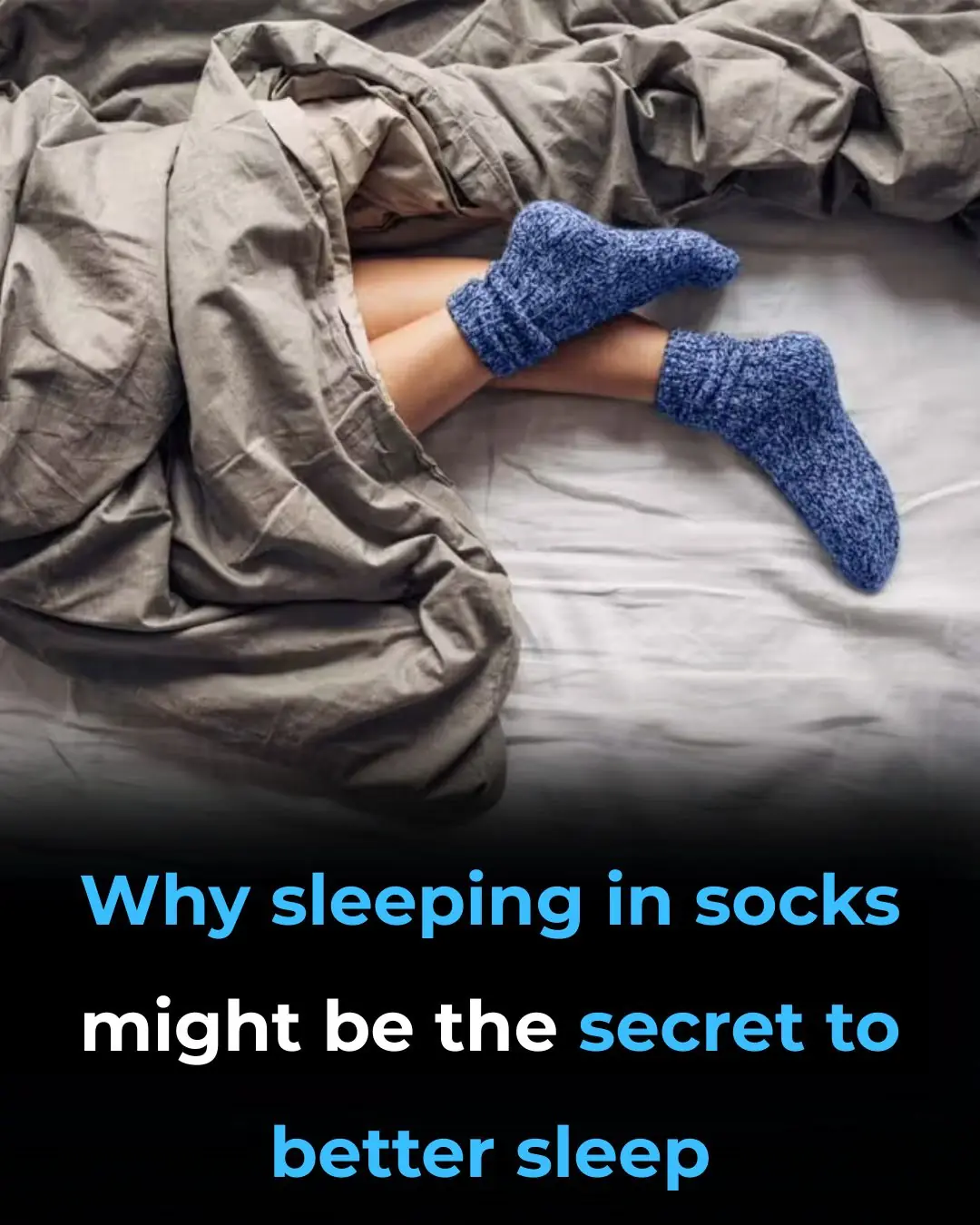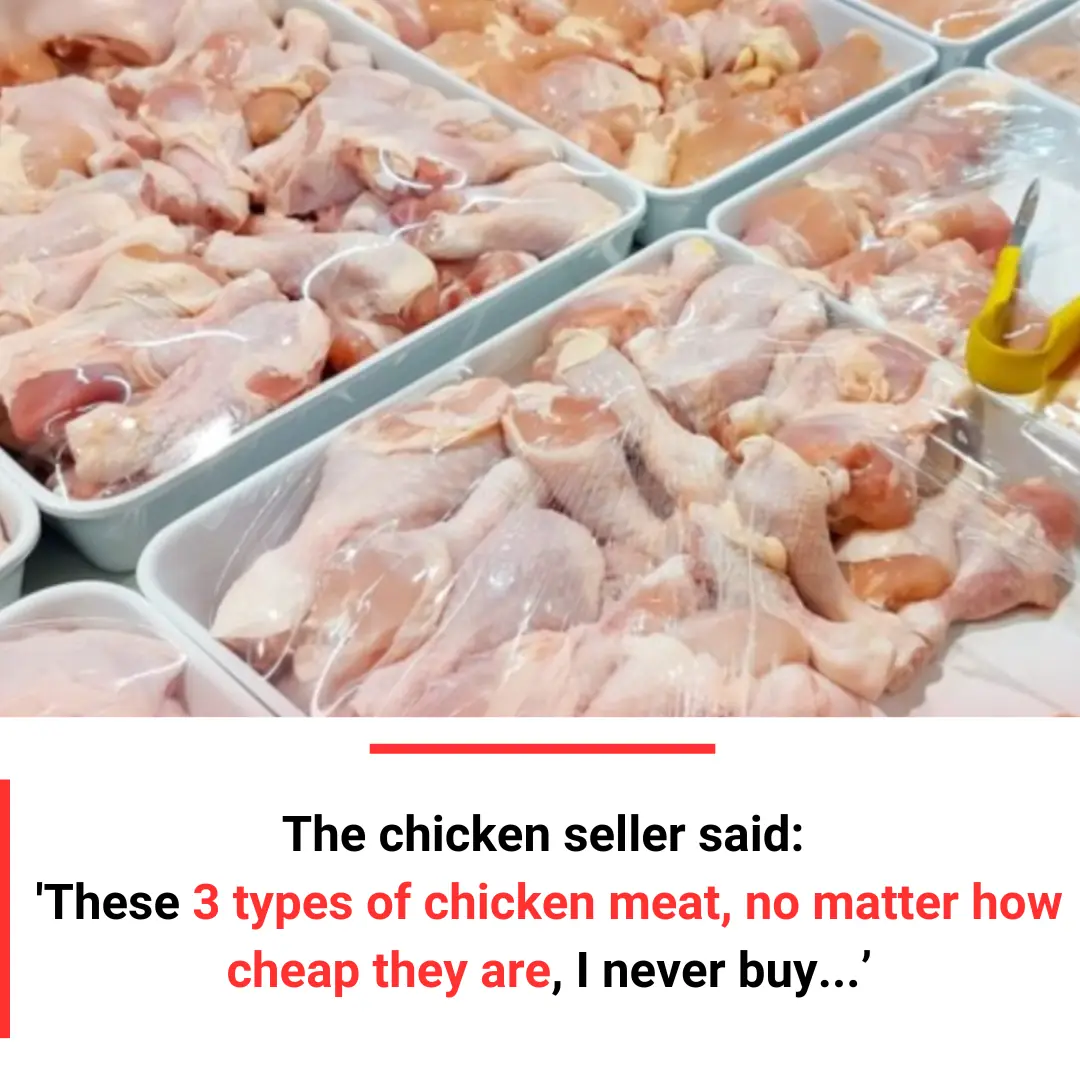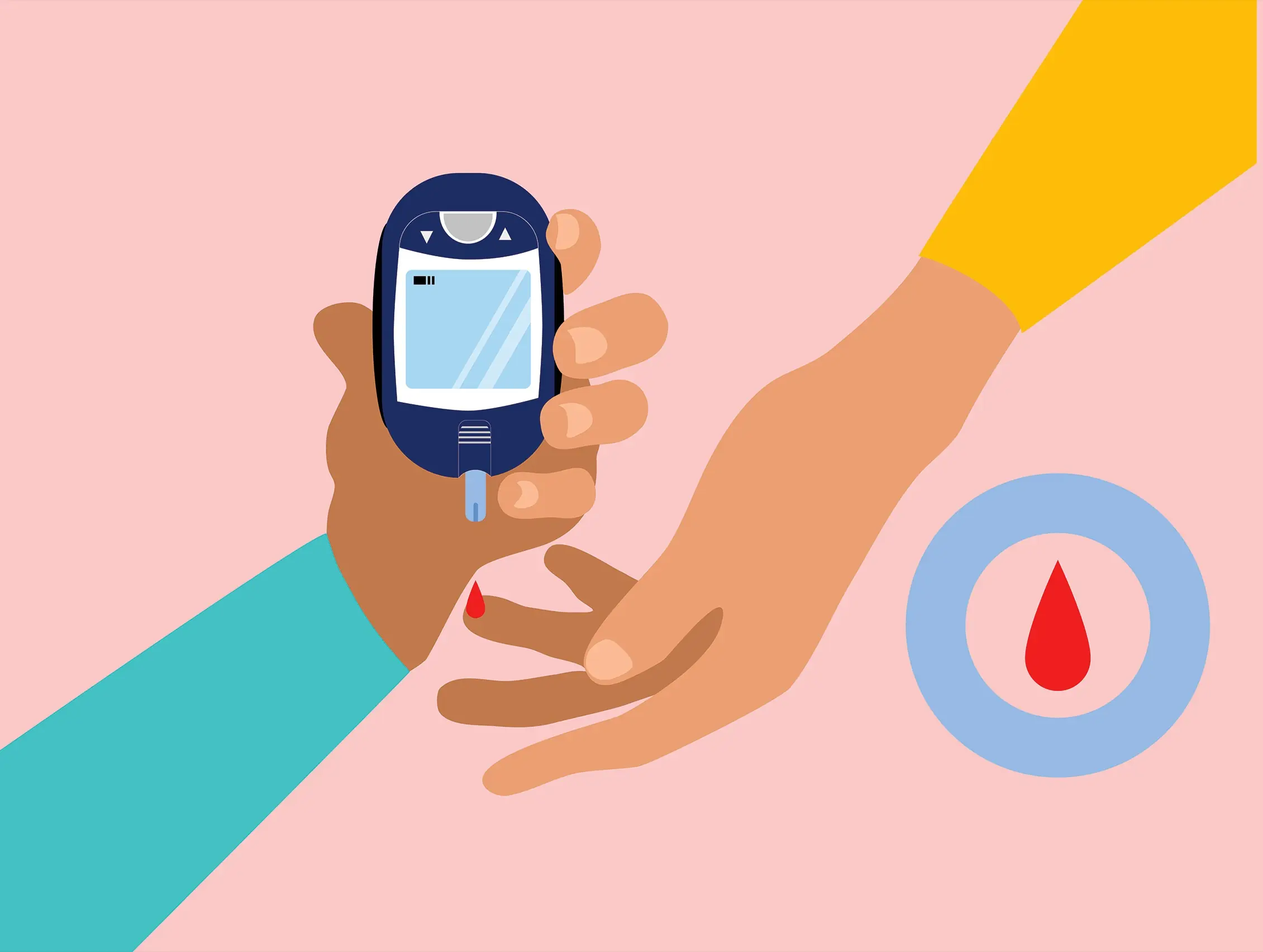
Texas House Votes To Permit Over-the-Counter Access To Ivermectin

When Science, Politics, and Autonomy Collide: Texas’ Push for Over-the-Counter Ivermectin
Every generation faces its own flashpoint in the ongoing debate over healthcare rights, science, and personal freedom. A century ago, aspirin was little more than a hopeful remedy before it earned its place in virtually every medicine cabinet. Penicillin, once dismissed as a laboratory curiosity, went on to transform modern medicine and save millions of lives. Today, the battleground looks very different: few would have expected an antiparasitic drug, discovered by Nobel laureates and once hailed as a miracle against tropical diseases, to become the center of a political firestorm in Texas.
That drug is ivermectin, and its latest chapter is as controversial as it is symbolic. More than 7,000 Texans recently signed a petition urging state lawmakers to make ivermectin available over the counter, catapulting a medication once synonymous with global health victories into the glare of pandemic-era disputes. The question is not just whether ivermectin should be easier to access—it is whether state legislatures have the authority, or even the obligation, to challenge federal medical norms in the name of patient freedom.
At the heart of this controversy is House Bill 25 (HB 25), now advancing through the Texas legislature. Its passage signals more than just a policy change; it reflects a larger struggle over medical freedom, patient autonomy, and the role of science in shaping public will. For some, it’s a victory for individual choice. For others, it’s a dangerous gamble with public health.
The Legislative Journey of HB 25
House Bill 25, introduced by State Representative Joanne Shofner, is a case study in how grassroots advocacy, political momentum, and cultural distrust of institutions converge in state policymaking.
Earlier in 2025, Shofner filed a similar measure, HB 3219, which would have allowed pharmacists to dispense ivermectin without prescriptions while requiring annual reporting on sales. The bill drew strong support from the public—over 600 favorable comments poured into the House Public Health Committee—but it stalled before reaching a full House vote.
That initial setback galvanized advocacy groups like Texans for Vaccine Choice, which launched a high-profile petition campaign that collected more than 7,000 signatures. Their message was simple: Texans should have direct access to ivermectin without gatekeeping from federal regulators or hesitant physicians. The mounting pressure forced Governor Greg Abbott to take notice. Though reluctant at first, Abbott eventually added ivermectin access to the agenda of the legislature’s second special session, effectively reviving the effort.
House Speaker Dustin Burrows signaled its priority by giving Shofner’s revised proposal the coveted low bill number: HB 25. The bill instructs the Texas Health and Human Services Commission to issue a statewide standing order allowing pharmacists to dispense ivermectin over the counter. Pharmacists would be required to provide counseling on safe use and would be shielded from legal liability if they followed protocols.
The debate on August 27, 2025, highlighted the polarized stakes. Supporters portrayed the bill as a lifeline for rural Texans, many of whom struggle to access doctors regularly. Critics countered that unsupervised use of ivermectin risks dangerous misuse, undermines physician oversight, and fuels confusion about which conditions the drug is actually effective against.
Despite the controversy, HB 25 passed the House with an 87-47 vote, largely along party lines, and quickly advanced to the Senate. With Abbott’s endorsement, Texas is on track to become the fifth state in the U.S.—after Arkansas, Idaho, Louisiana, and Tennessee—to grant non-prescription access to ivermectin.
From Nobel-Winning Discovery to Political Symbol

The story of ivermectin began far from American politics. In the 1970s, Japanese microbiologist Satoshi Ōmura isolated a soil-dwelling bacterium later sent to American parasitologist William C. Campbell at Merck & Co. Campbell discovered that compounds derived from the bacterium were astonishingly effective against parasitic worms. After chemical refinement, ivermectin was born.
Initially used in veterinary medicine, it was approved for humans in the 1980s and soon became a cornerstone treatment for devastating parasitic diseases such as river blindness (onchocerciasis) and lymphatic filariasis. Its global impact was so profound that Ōmura and Campbell received the 2015 Nobel Prize in Physiology or Medicine.
For decades, ivermectin’s reputation was untouchable—it was inexpensive, safe when properly dosed, and credited with improving the lives of hundreds of millions in the developing world. This “wonder drug” status, however, shifted during the COVID-19 pandemic, when preliminary studies sparked interest in ivermectin as a potential antiviral.
Yet subsequent large-scale trials did not support its effectiveness against COVID-19. The U.S. Food and Drug Administration (FDA) and Centers for Disease Control and Prevention (CDC) issued strong warnings against off-label use. The drug, they emphasized, remained safe for its original parasitic indications but posed risks when misused or taken in excessive doses.
Supporters vs. Opponents: The Battle Lines

Supporters of HB 25 argue the legislation is about choice and access. They emphasize ivermectin’s long history of safe use, affordability, and potential to bridge healthcare gaps in rural Texas. Representative Shofner called it a “safe, affordable medicine with minimal side effects.” Advocacy groups cast the bill as a way to empower patients and reduce dependence on what they view as an overcautious federal bureaucracy.
Opponents, however, frame the bill as reckless. The Texas Medical Association warned that bypassing physicians undermines the critical doctor-patient relationship. Democratic lawmakers argued that allowing pharmacists to dispense ivermectin freely risks normalizing unproven treatments, particularly among vulnerable populations. Representative Gene Wu highlighted the absence of age restrictions, warning that misuse among children could be especially dangerous.
The debate was further charged by rhetoric: supporters accused critics of dismissing ivermectin as merely a “horse dewormer,” while opponents warned that the bill legitimizes misinformation and endangers public health.
Practical and Regulatory Implications

HB 25 includes several safeguards, at least on paper. Pharmacists must follow standardized counseling protocols, advising patients on dosing and potential side effects like nausea, dizziness, or skin rashes. They are also granted broad legal immunity, provided they dispense responsibly.
The Texas State Board of Pharmacy is tasked with enforcing the law and setting detailed dispensing procedures. Notably, the bill dropped earlier requirements for pharmacists to submit annual reports on sales, raising questions about how usage trends will be tracked or monitored for misuse.
The law also highlights a growing divergence between federal and state authority. While federal agencies remain firmly opposed to unapproved uses of ivermectin, states like Texas are carving out independent policies that reflect local political culture and citizen demand.
A Cultural Lens: Freedom vs. Evidence
Lieutenant Governor Dan Patrick praised the legislation as part of Texas’s broader defense of “medical freedom.” For its supporters, HB 25 is not only about ivermectin—it is a symbolic strike against what they see as federal overreach and elitist control of medical decisions.
Critics, meanwhile, caution that this framing risks undermining trust in evidence-based medicine. They warn that legislating medical practice based on political will, rather than scientific consensus, could weaken public health systems and set troubling precedents for other drugs. The ivermectin debate, they argue, mirrors the cultural rifts deepened during the pandemic: between personal liberty and collective responsibility, between anecdote and data, between skepticism and trust.
At the Crossroads of Access and Safety
HB 25 illustrates a larger national dilemma. Expanding access to ivermectin empowers patients but risks encouraging unproven or unsafe uses. It elevates pharmacists as frontline decision-makers while reducing the physician’s role. And it pits state sovereignty against federal medical regulation in ways that could ripple beyond Texas.
As the nation watches, Texas has become a microcosm of the broader healthcare debate: How should society balance individual choice with collective safety? How much authority should states wield in shaping drug access? And most importantly, what happens when scientific uncertainty collides with political will?
The answers will not only shape the future of ivermectin but also help define the evolving contours of American healthcare governance for decades to come.
News in the same category


Playful ICE Arrest Mugshot Explodes Online — And The Real Reason Will Surprise You

The difference between the spirit of a loved one and other forces

Why Sleeping in Socks Might Be the Secret to Better Sleep

The World’s Strongest Animal Isn’t an Elephant or Bear

Your Smartphone Battery’s Lifespan Depends on How You Charge It—Here’s How to Do It Right

How to Extend Your Smartphone Battery’s Lifespan

Hotel Room Red Flags You Should Never Ignore

Trump Announces Eye-Watering $200,000,000 White House Renovation Plans

Turkey bars Israeli ships from its ports, restricts airspace

Man develops 'pork worms' in his brain after years of doing this specific cooking habit

Woman who d::ied for 24 minutes before being brought back to life details exactly how it felt

‘Healthy Man’ Diagnosed With Cancer After Noticing Dog’s Bizarre Behavior Around Him

Nearly 64% of All Bottled Water in America Is Just Tap Water. These Are the Brands.

The difference between the spirit of a loved one and other forces

One Swedish man replied to all those who wondered how people live in such tiny apartments by showing his own

Expert issues warning to couples as 'menodivorce' becomes increasingly common in relationships

Christina Applegate reveals how her MS diagnosis has ‘broken’ her 14-year-old daughter Sadie

How True Love Shows Itself During Intimacy
News Post

Add a few drops of essential oil to the water used to clean the floor. Knowing the benefits, every family wants to follow suit.

Put garlic at the bedside, its "golden" uses, anyone who reads this will want to try it.

Honey, Lemon, Onion, Garlic & Ginger: The Daily Spoonful That Works Wonders

Vitamin E Oil uses for Skin – Glowing Skin, Dark Circles & Wrinkles

4 toxic plastic items

The Chicken Seller Said: "These 3 Types of Chicken Meat, No Matter How Cheap They Are, I Never Buy..."

4 Signs Your Kidneys Might Be in Serious Trouble

The Potent Remedy: Turmeric and Honey as a Natural Antibiotic

If Your Legs Cramp at Night, You Need to Know This Immediately!

Hanging a Towel on the Door Handle Before Bed: Unexpected Benefits That Few People Know

Why You Should Always Close Your Bedroom Door Before Going to Sleep

The FIRST Sign of HIGH BLOOD SUGAR Is…

The Shocking Effects of Sleeping Less Than 7 Hours

Scientists Have Discovered a “Kill Switch” in The Body That Can Destroy Any Cancer Cell

Snoring Isn't Just Annoying: It Could Be a Serious Health Warning

It grows everywhere, but this stunning plant hides a dark and dangerous secret… 💬👀

Cutting Plastic Bottles for the Kitchen: Amazing Uses You’ll Wish You Knew Sooner

CCF Detox Drink For Glowing Flawless Skin

The 8 Most Power-Hungry Devices: Unplugging Them Can Save You More Than You Think
